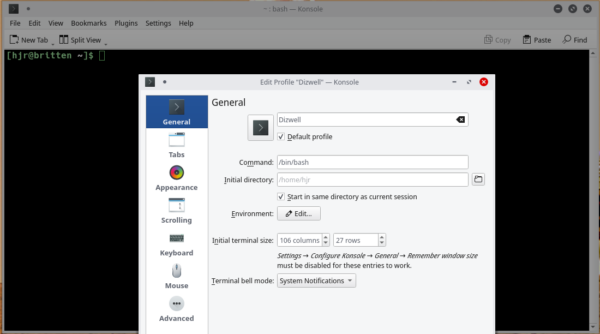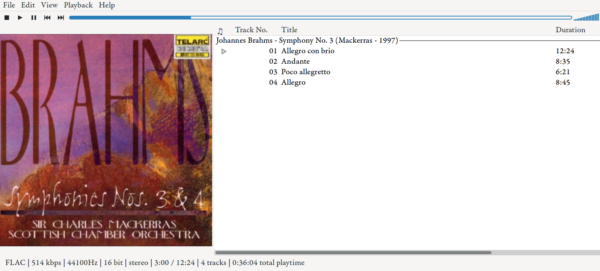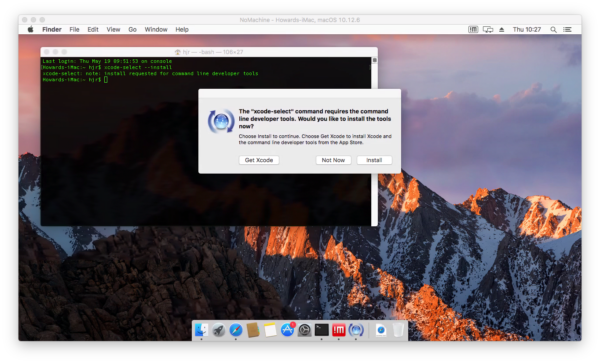Giocoso on Linux
Introduction
Giocoso Version 2 has been tested on most of the Linux distros that were, as of May 2022, in the top 20 of the DistroWatch Page Hit Ranking, so hopefully almost all regular Linux users will be covered! Broadly speaking, anything based on Ubuntu, Debian, OpenSuse and Arch should work without drama, along with some 'outliers' that appear not to be part of a larger distro 'family', such as Solus and Fedora. Giocoso runs happily on distros using PulseAudio and ALSA sound systems, and regardless of whether X11 or Wayland is being used as the graphical server mechanism. Your choice of desktop environment also makes no difference to whether Giocoso works or not: it runs happily on Cinnamon, MATE, XFCE, KDE, Gnome, Budgie, LXDE, LXQt and any number of other desktop environments and window managers.
In general, Giocoso requires installation of ffmpeg, flac, ImageMagick and Sqlite3 and will prompt for those things if they are not already present on your system. Despite my best efforts, it is still possible that Giocoso on a particular distro may prompt for the installation of (say) 'ImageMagick' (that is, in mixed upper/lower case) when that distro's package name is actually 'imagemagick' (i.e., all lower case). Similar case-confusion might arise elsewhere, too, but ImageMagick seems more susceptible to this issue than most other packages I'm aware of! Hopefully, incidents of this will be rare, but be prepared to switch case to achieve a successful prerequisites installation when 'unknown package' errors otherwise arise. [...]




